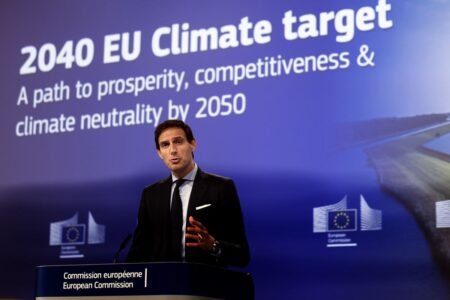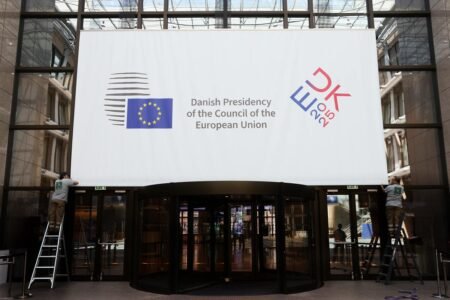(LUXEMBOURG) – The EU Council adopted Monday a set of conclusions on a ‘farm to fork’ strategy, endorsing the goal of developing a European sustainable food system, from production to consumption.
The Commission’s ‘farm to fork strategy’ was presented in May as an integral part of the European Green Deal setting the goal of a “fair, healthy and environmentally friendly food system”. The transition to this new food system is to be underpinned by reform of the Common Agricultural Policy (CAP).
Today’s conclusions entail a two-fold political message from the member states: ensure sufficient and affordable food while contributing to EU climate neutrality by 2050 and ensuring a fair income and strong support for primary producers.
“For the first time, the entire food system is taken into account as a whole from producers to consumers,” said Germany’s food and agriculture minister, Julia Klöckner, for the EU presidency: “It is a solid starting point and we are looking forward to working altogether the coming years towards a truly sustainable and fair food system in Europe and beyond.”
In its conclusions, the Council calls for scientifically-sound ex-ante impact assessments to be the basis of EU legislative proposals under the farm to fork strategy. It also calls to continue promoting the prudent and responsible use of pesticides, antimicrobials and fertilisers in order to produce food sustainably and support the environment at the same time. Moreover, ministers call for a level playing field on competitive agri-food markets and compatibility with WTO rules.
The conclusions also state that European food is already a global standard for safety, nutritional value and high quality and, thus, they recognise the importance of promoting sustainability of food systems at a global level. This would result in ‘more ambitious commitments from non-EU countries in environmental protection, use of pesticides and antimicrobials, animal health and more’.
Council conclusions on the farm to fork strategy, 19 October 2020








